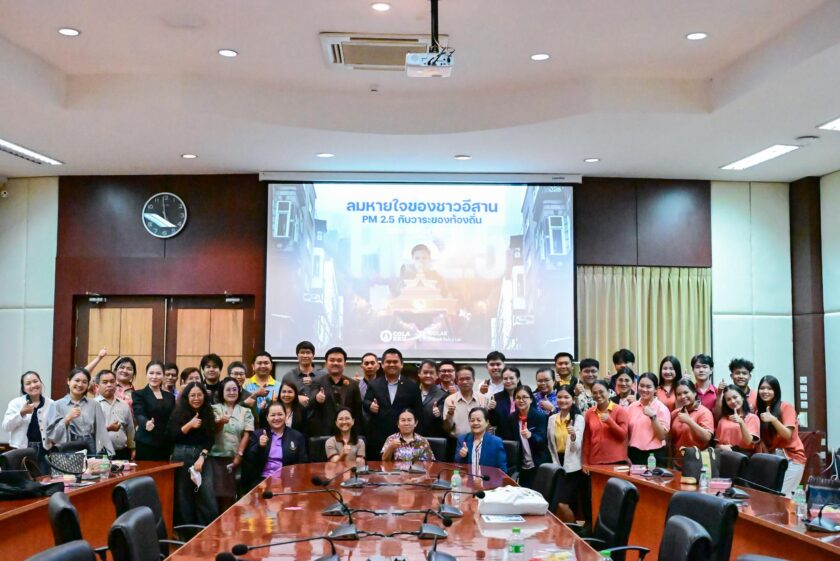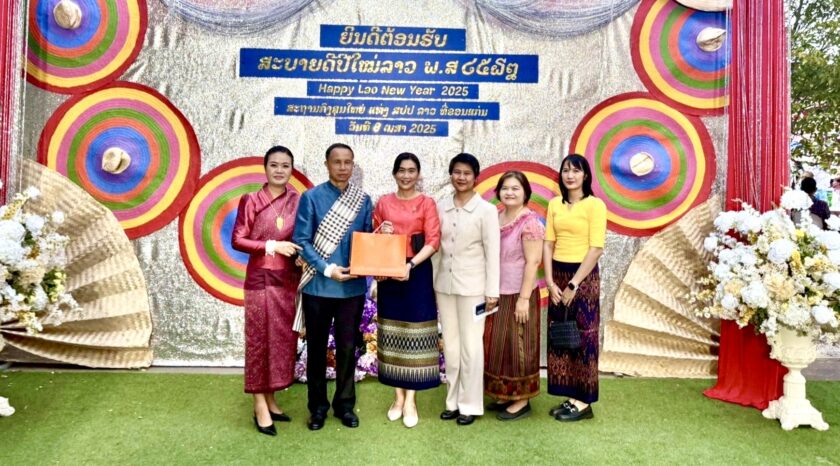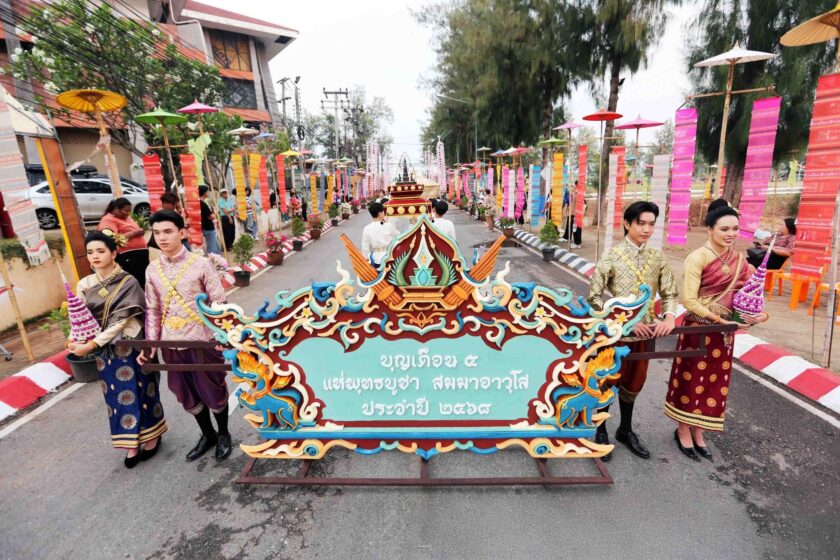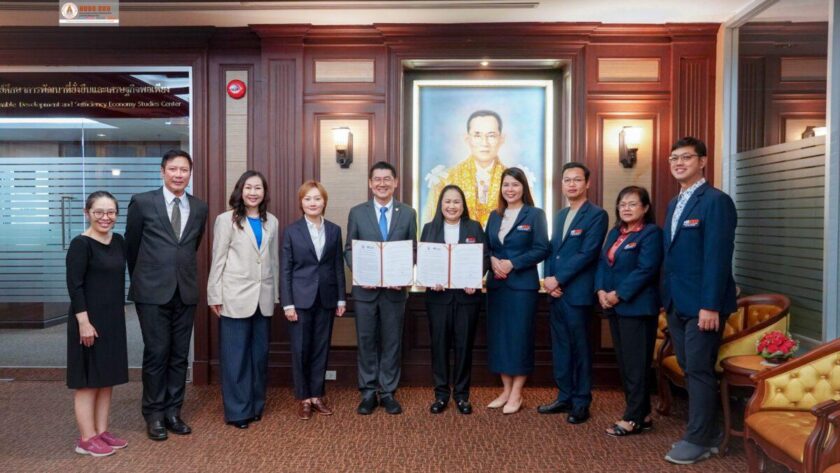KKU Transformation sets a new trend for its in-house educational management aiming to escalade educational standard while pleasing more market needs.
Technology advancement mobilizes changes in community and inevitably affects people’s lives. It is important for education to cope with the change and get the students ready for the new technological challenges. Accordingly, KKU establishes educational transformation to make the university development in line with technological changes.
Professor Dr. Surasak Wongratanachiwin, an acting vice president for education and a KKU key person for the educational transformation, said Thailand is now confronting with educational crisis due to changes in the world’s demography and technology. Educational management needs to take new measures to cope with the change.
“In the near future, employees may not refer much to degree certificate in recruiting new workers. A capable applicant will be accepted based on the capacity that the person holds. In that case, an engineer graduate may be offered to work as a manager for a big bank. What is crucial here is the needs for the university to implant on its students the ability to work in the changing world, which requires more than a presentation of a degree certificate. Accordingly, KKU has established the educational transformation plan”, said the vice president.

Four areas of implementations endorsing KKU educational transformation
1. Shift in teaching and learning paradigm. The instruction should be made in order to trigger the students’ critical thinking and problem solving.
“The instruction should be changed and students should be encouraged to study in advance on the assigned topic by themselves. The two-hour class time then should be used for discussion instead of lecturing by the teachers. Students need to learn from implementation. The educational department has to disseminate this shift in teaching paradigm to the teachers. In addition, the department plans to invite both Thai and international guest speakers to regularly lecture on the new teaching dimensions in order to make the KKU teachers value the need for educational reform.
2. Lifelong learning. Learning is important and needs to be done at any time in any place throughout one’s life. To cater for lifelong learning, online, interactive learning and other short certificate programs should be conducted to encourage learning outside of the classroom.
“Age is no longer a based line for learning. New type of education should promote autonomous learning. A six grader should be able to learn the doctoral content as long as his or her capacity would permit. Students should be able to accumulate a short program’s credit. When all the credits needed to qualify a learner for a degree certificate, a learner can request for the issue of the degree. In order to do this, the university program should decide a clear timeline that interested person can learn and earn accumulative credits. The degree will not be bestowed if then number of the required credits is not met. This policy also promotes multiple learning of various disciplines in shorter time. For example, an agricultural student who is interested in learning an additional degree in MBA, can do so by taking online MBA course to learn some credits while perusing their agricultural degree. The implementation of the crossed-disciplinary learning will first be applied for the subjects without federal of profession such as; business management and banking. After the concrete plan has been set, the crossed-disciplinary learning will be applied for the subjects under the federal of profession such as medical science, nursing and engineering, which are the subjects that requires longer exposure to the empirical assignments.
3. Innovative integration. The interdisciplinary contents will be used to correctly respond to the market needs. The courses that are obsolete will be discarded or merged with other related courses based on the university advice.
“A team of working committee has been erected in each faculty to help forward the idea of the new integrative courses. As fueled by Thailand 4.0, at which rail transportation has been highlighted, there are higher demand for rail management, logistics engineering, and smart farming. This makes it possible for people from agriculture and engineering to work together in establishing a co-founded course”
4. Making supportive system. Since the university has emphasized on instructional change, the related systems such as teacher evaluation, academic promotion, salary, academic visit in a foreign country, should be developed based on appropriate technology exploitation.
“Human resource department has to change the evaluation method to gear for successful educational transformation. We would like to insist on a collective change at a university level, and with everyone cooperation, this important mission in educational transformation will be achieve and KKU will then standout as a university for community development”, said Professor Surasak.





